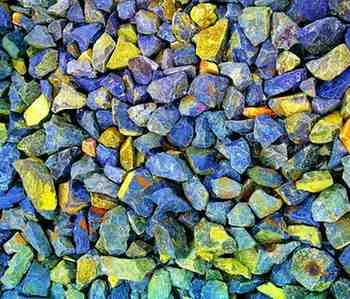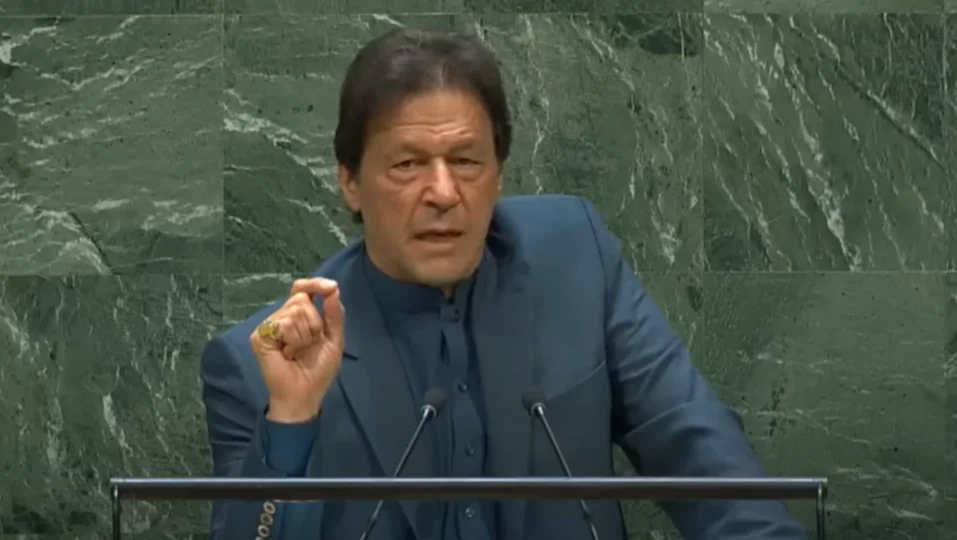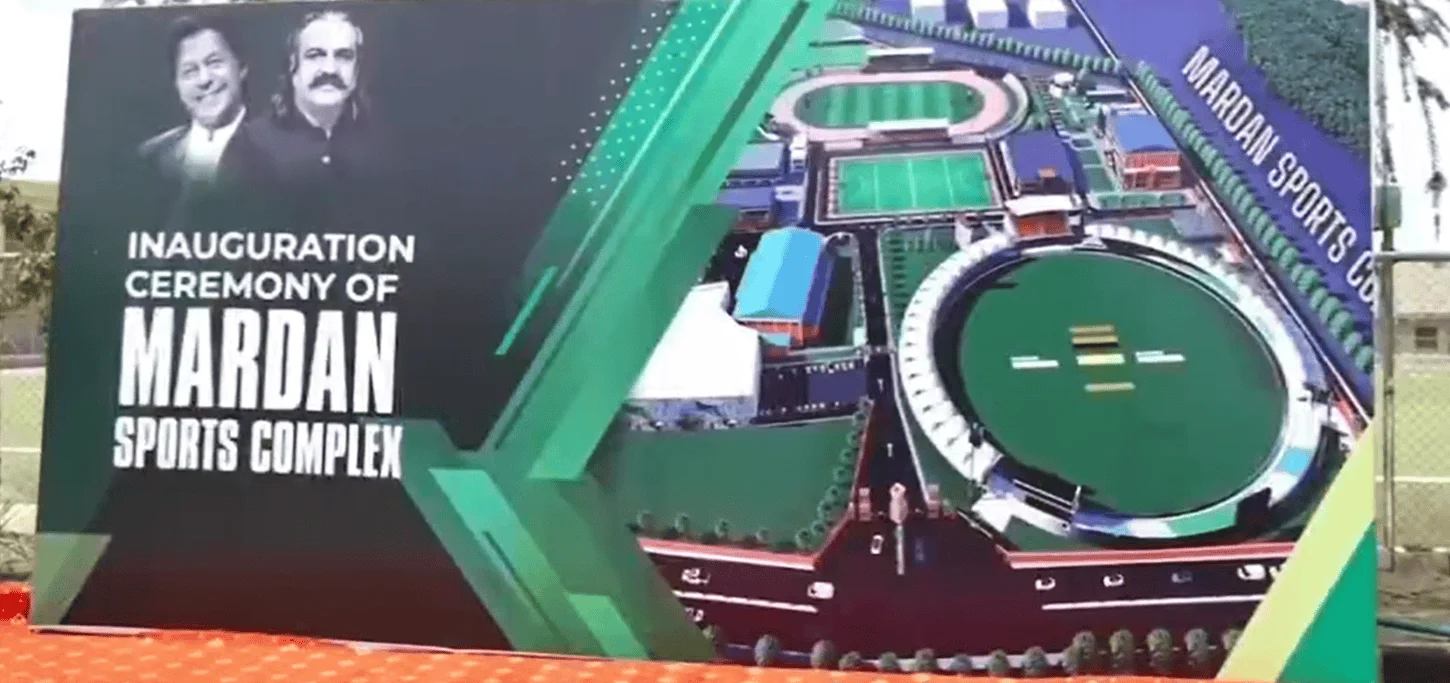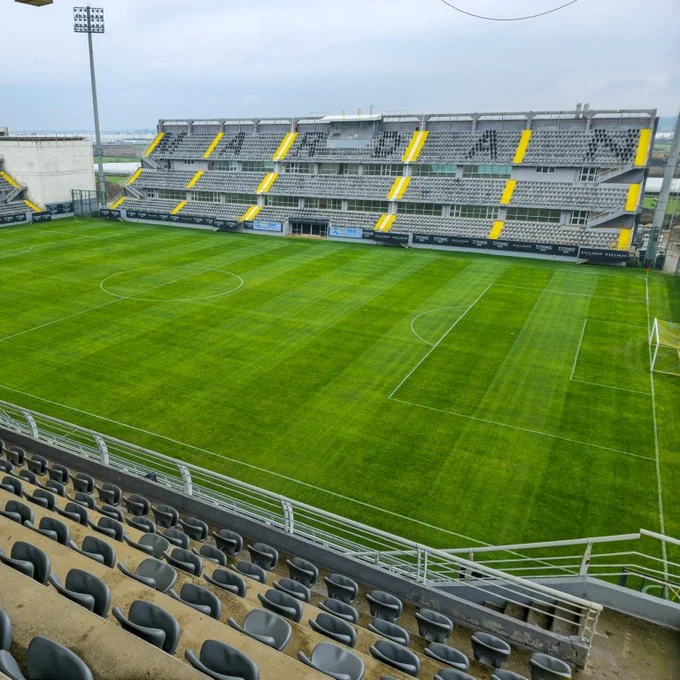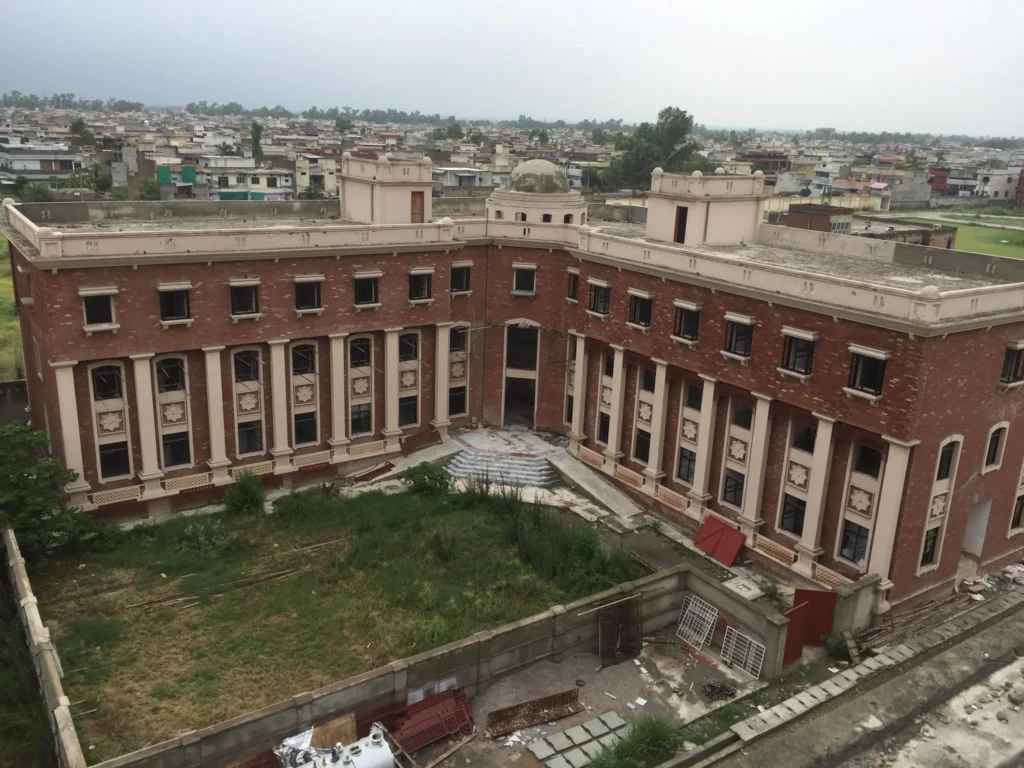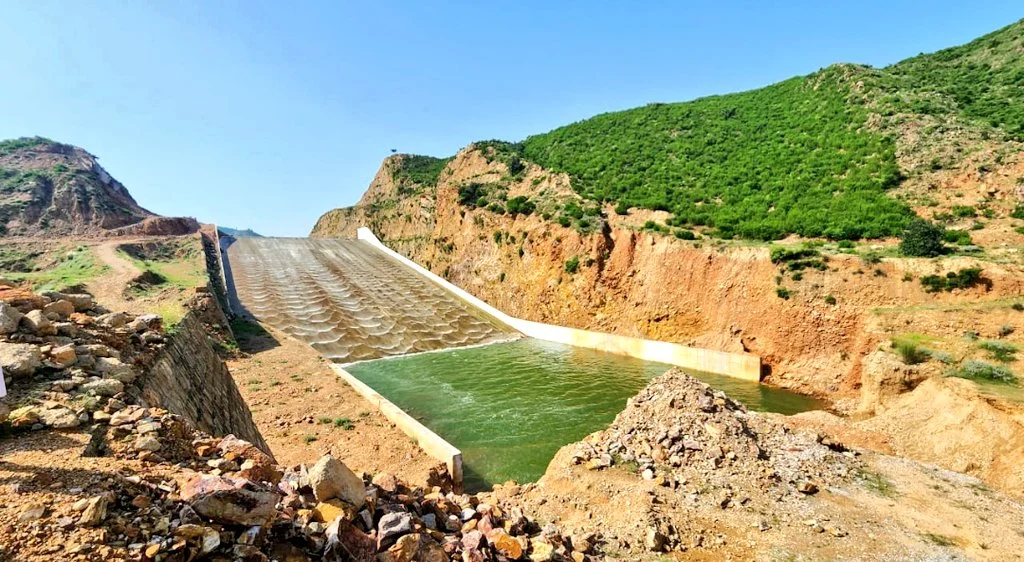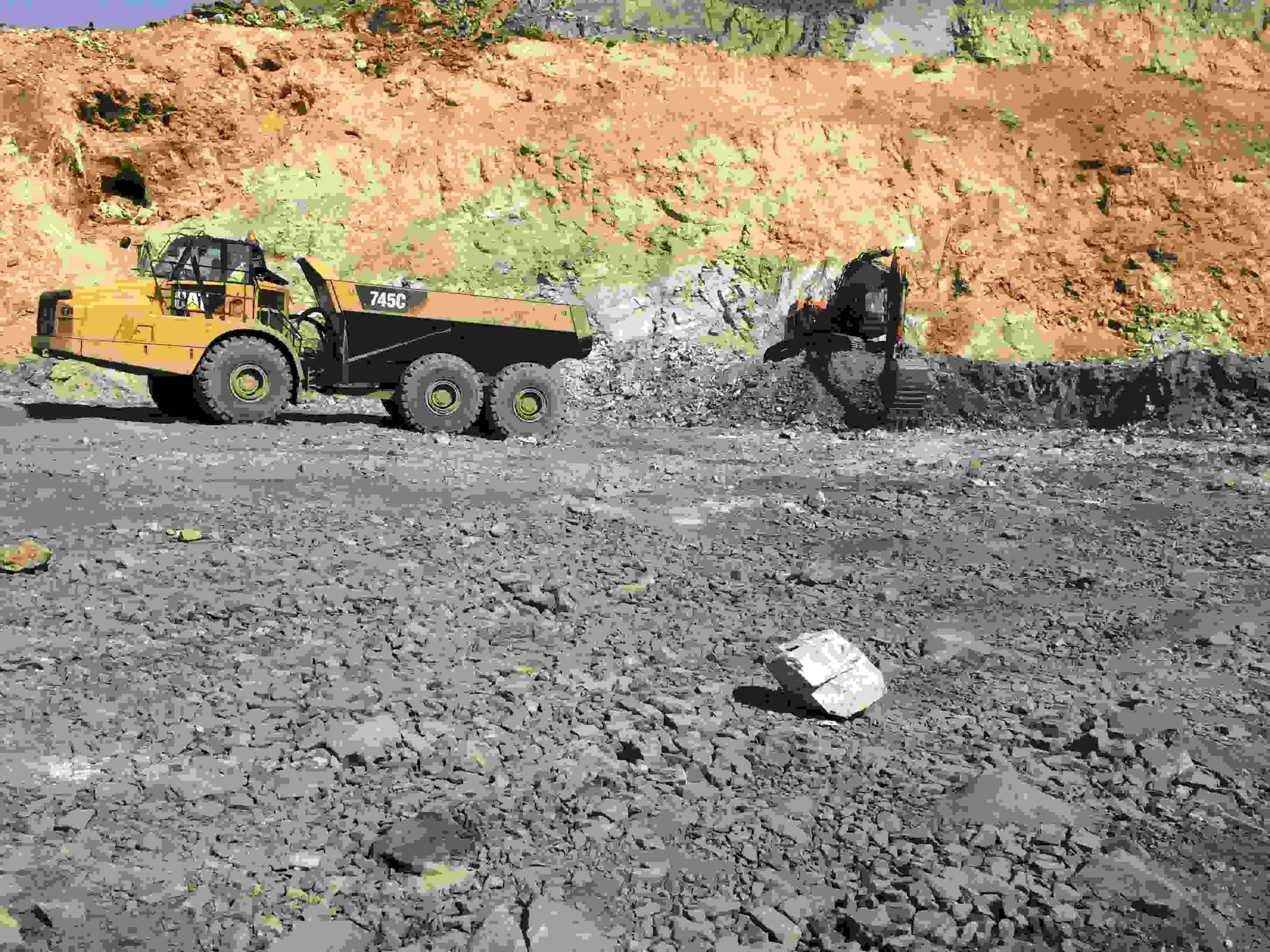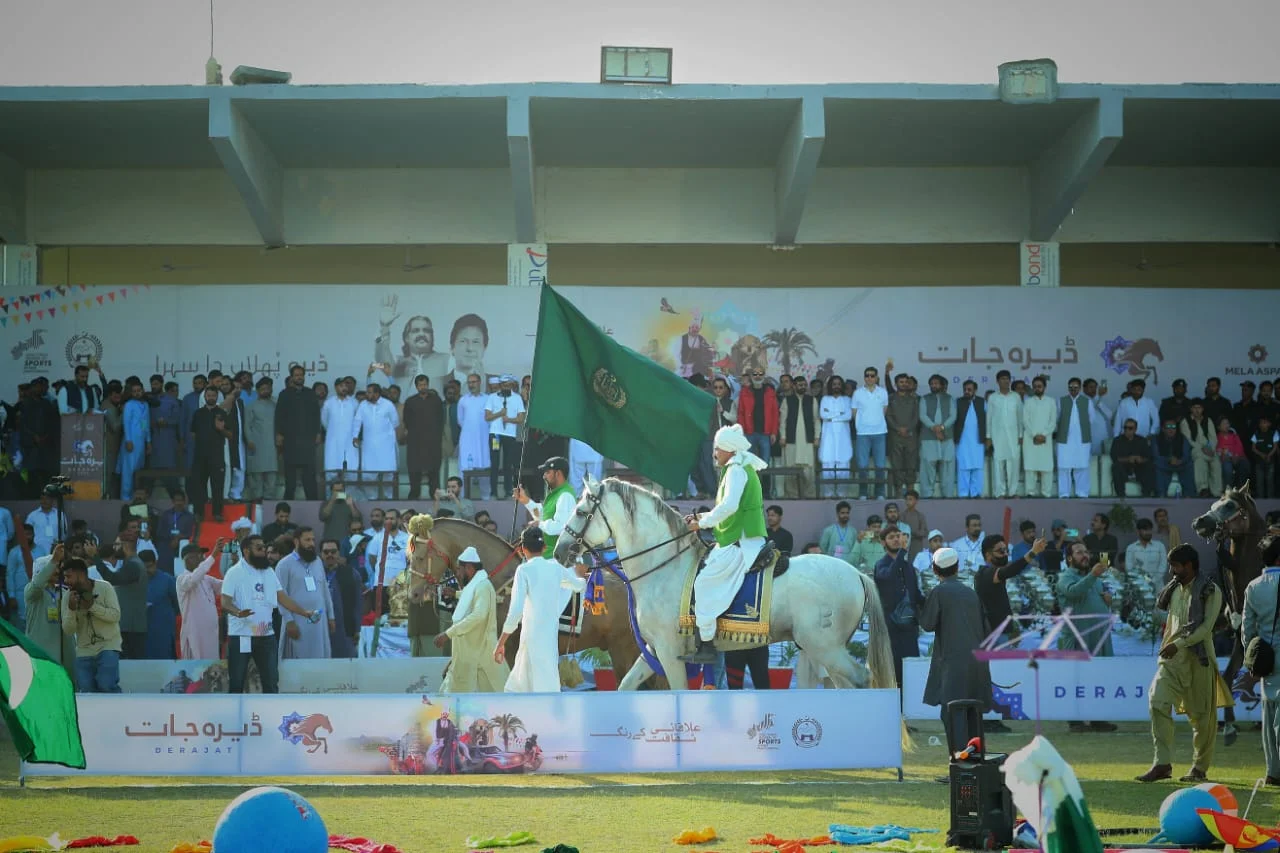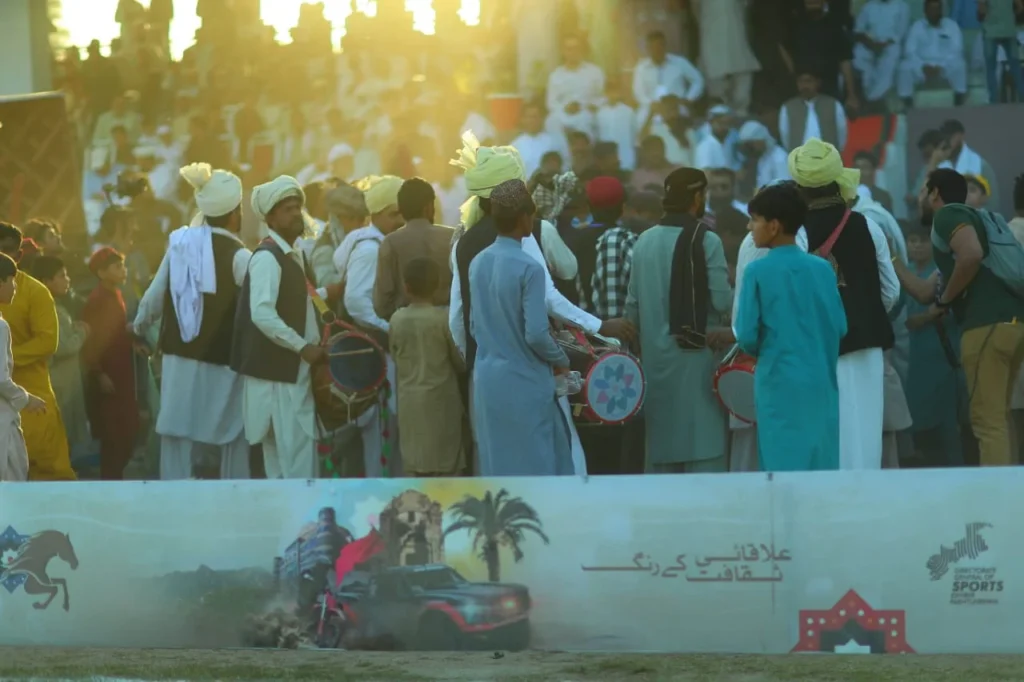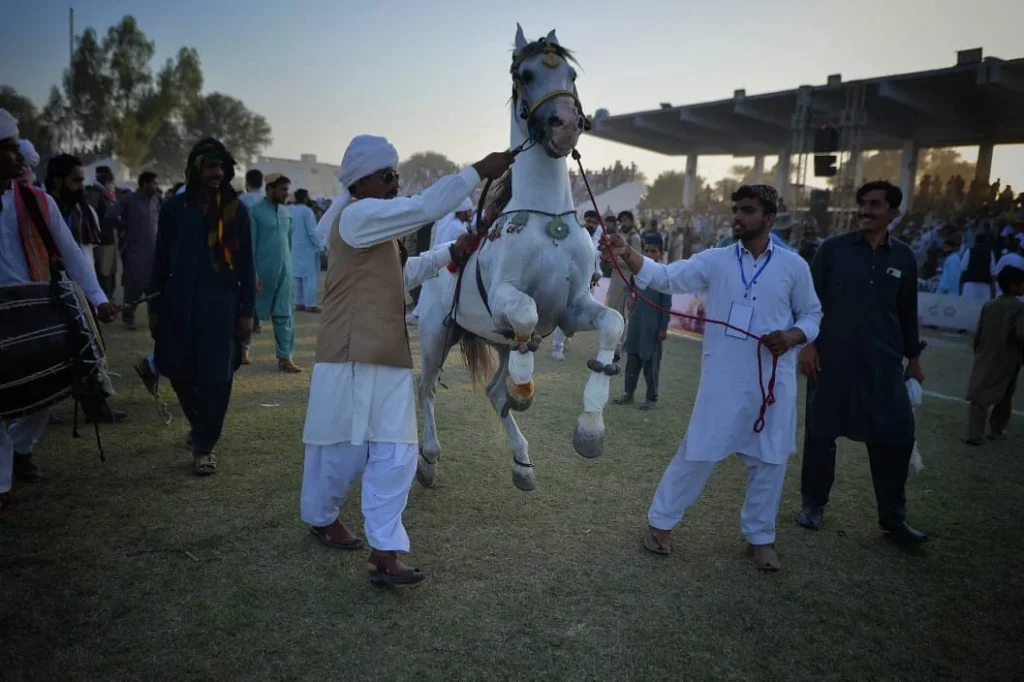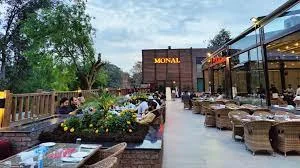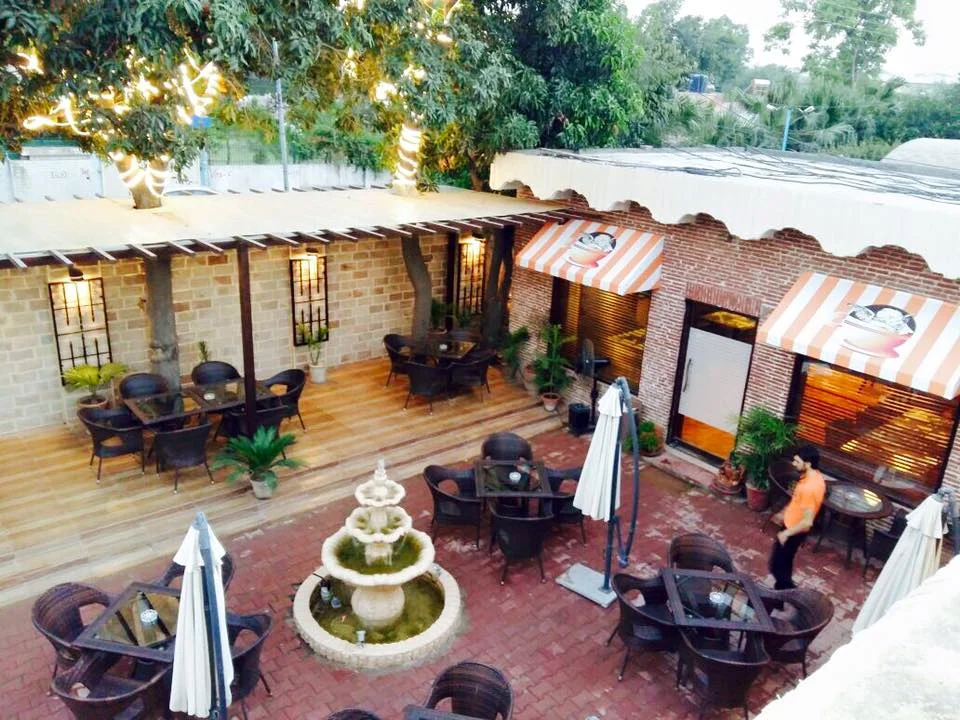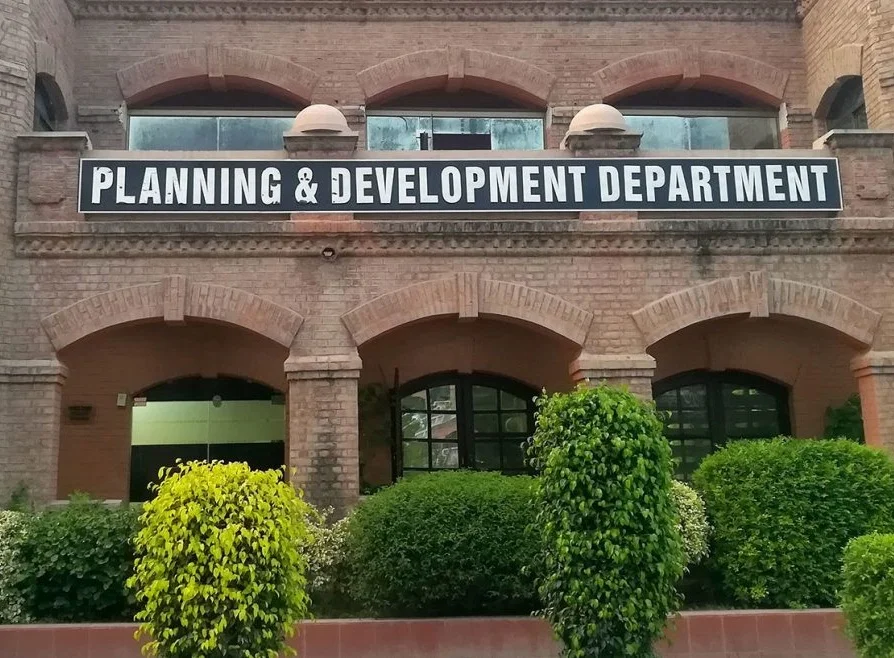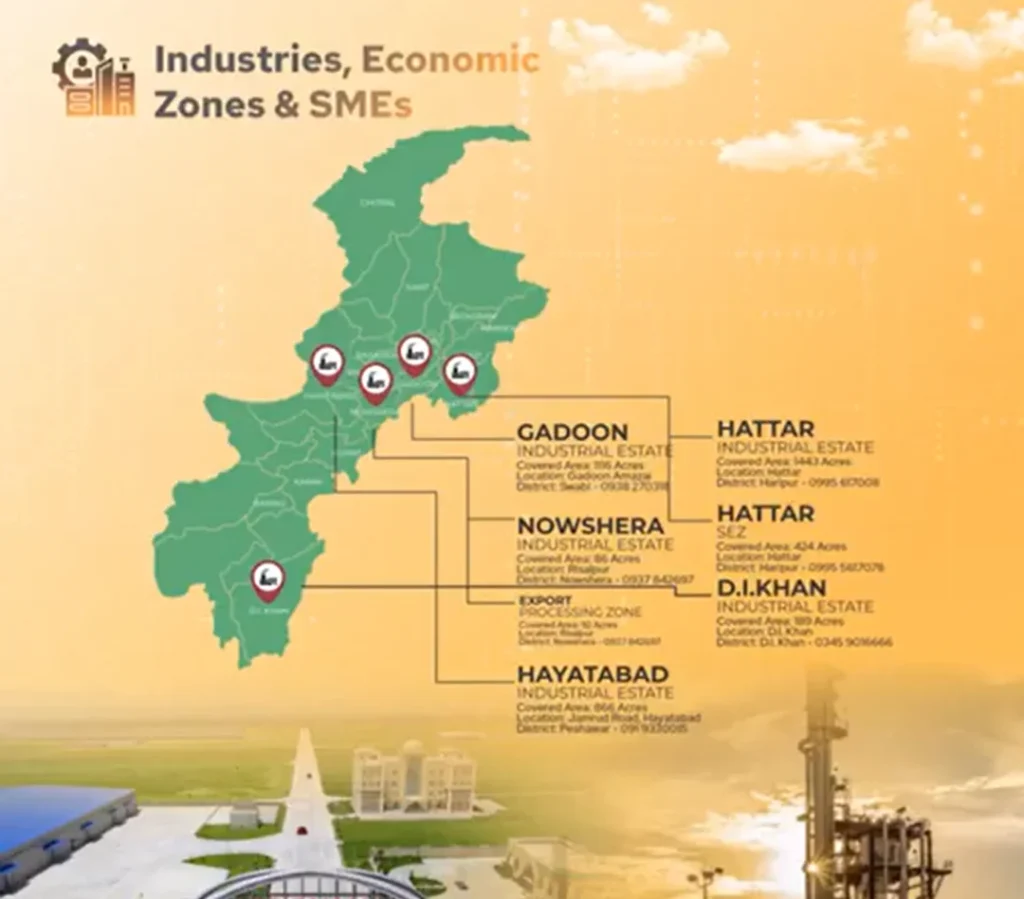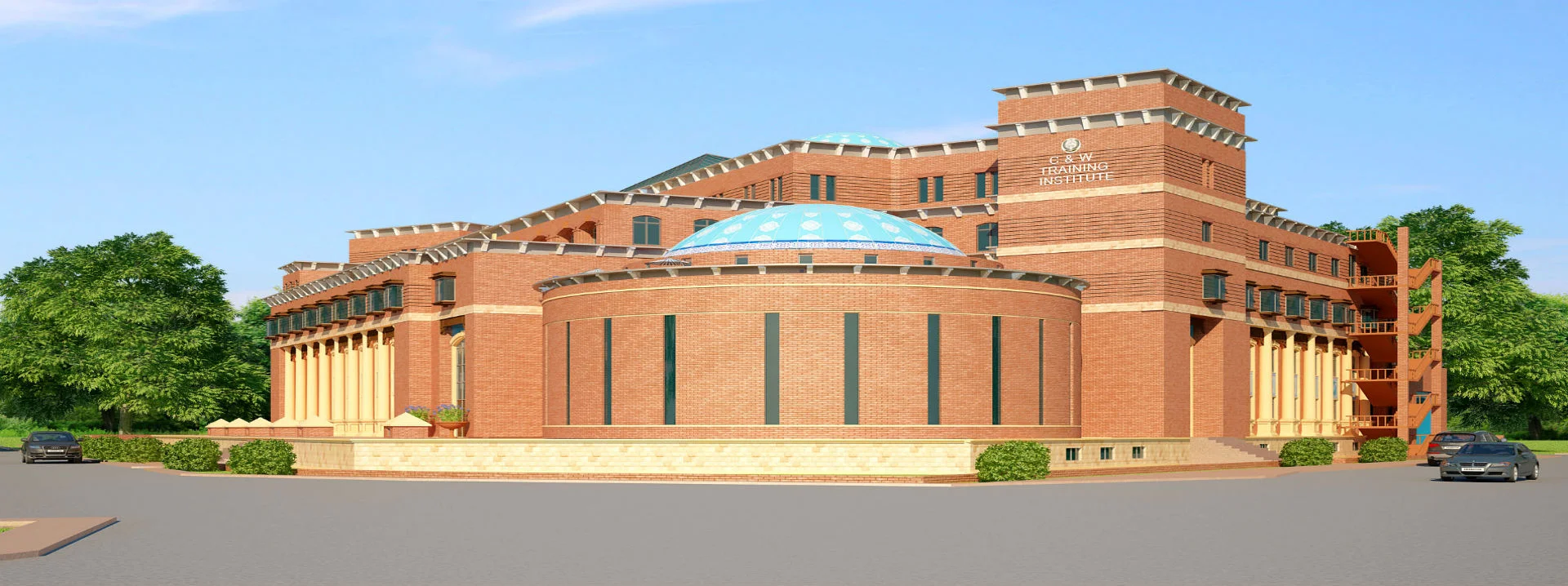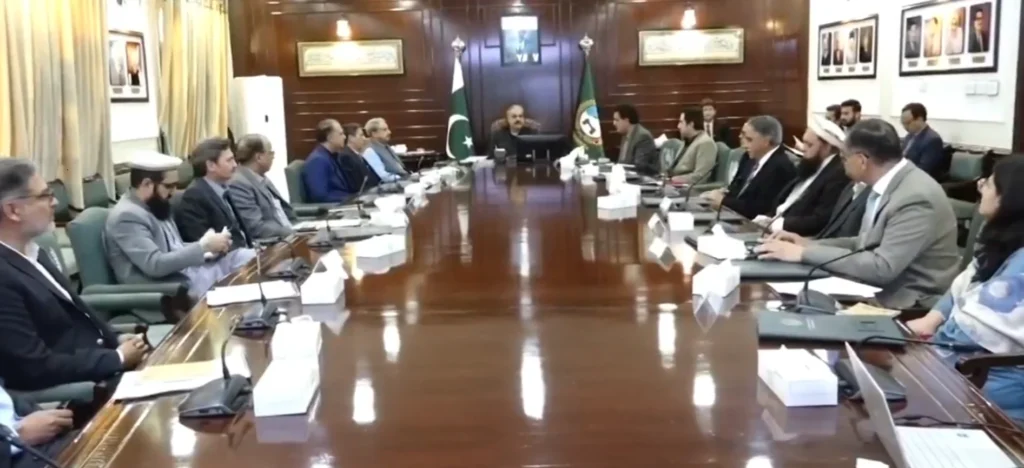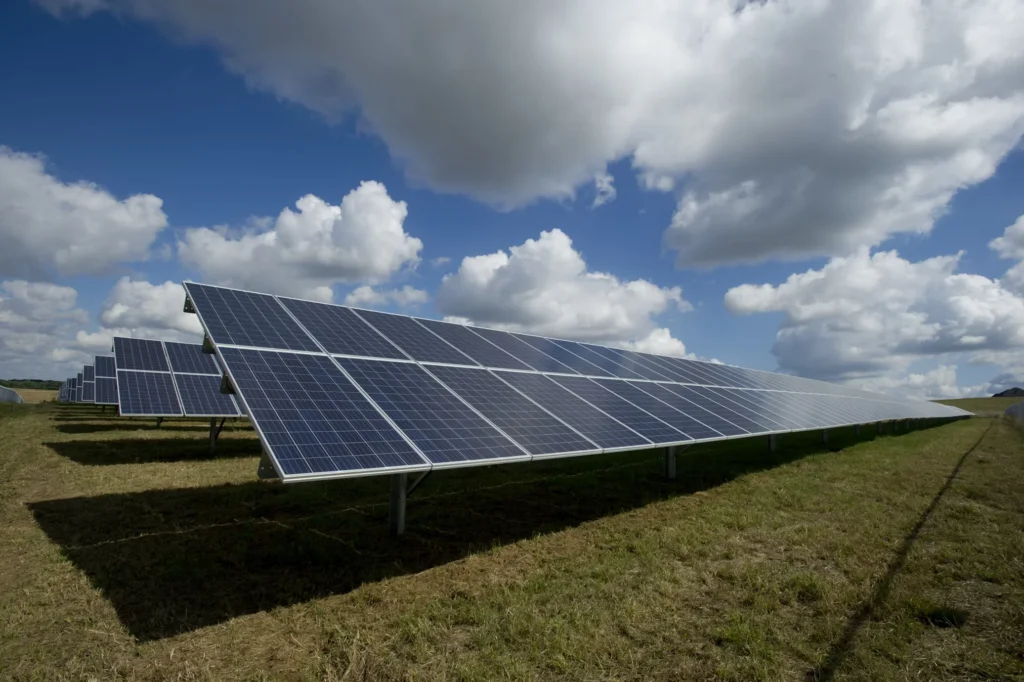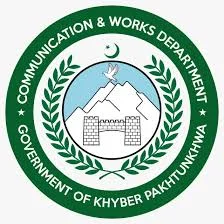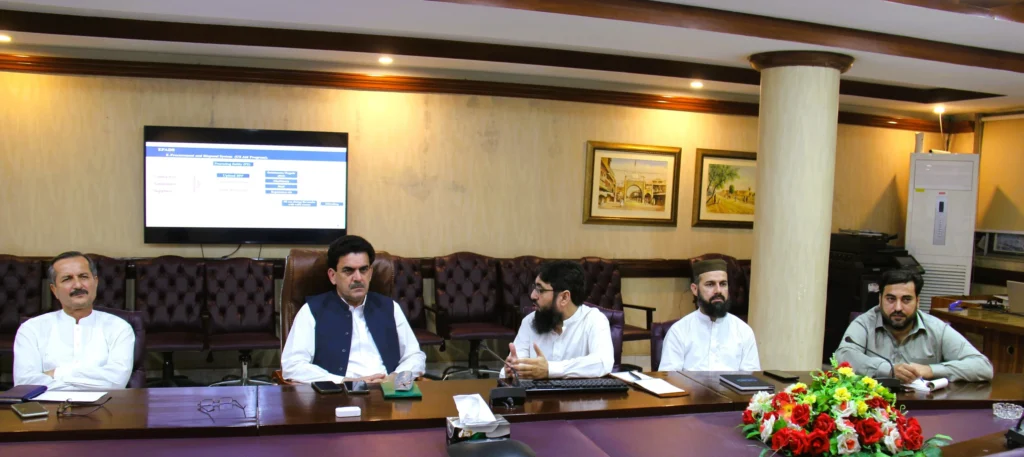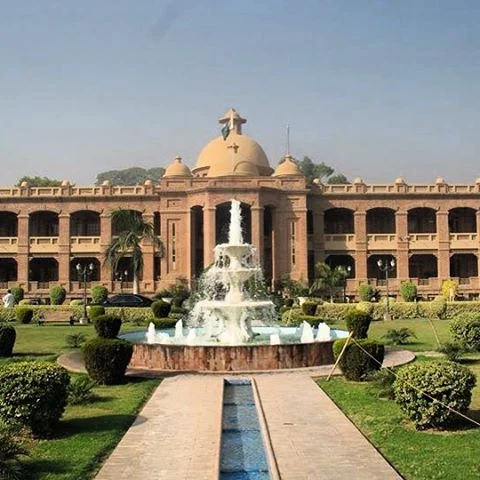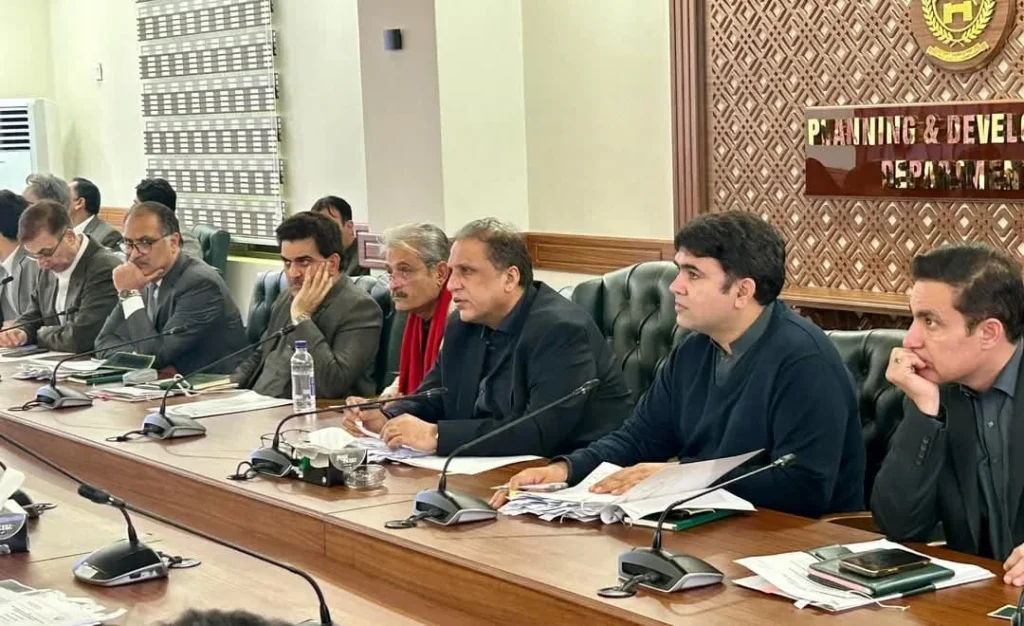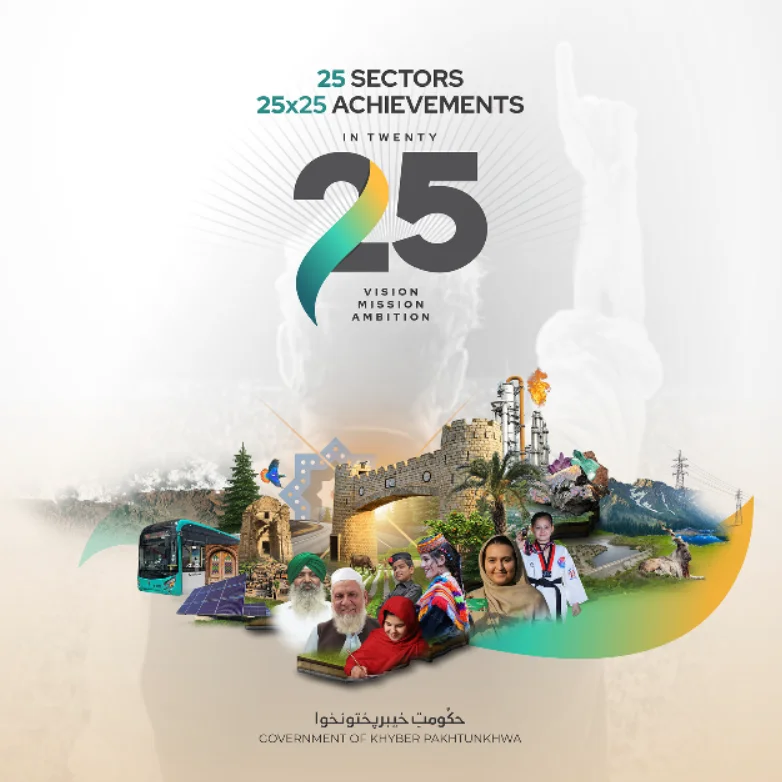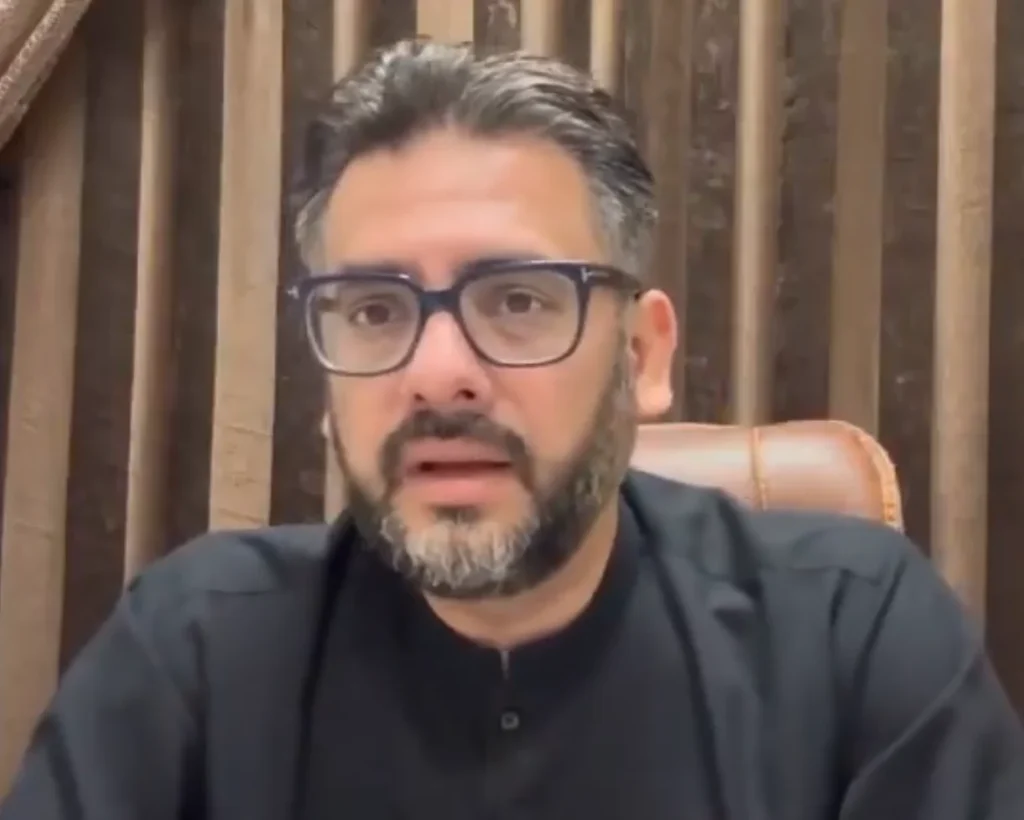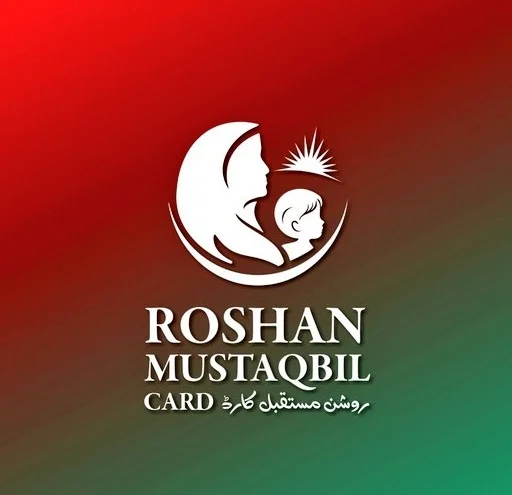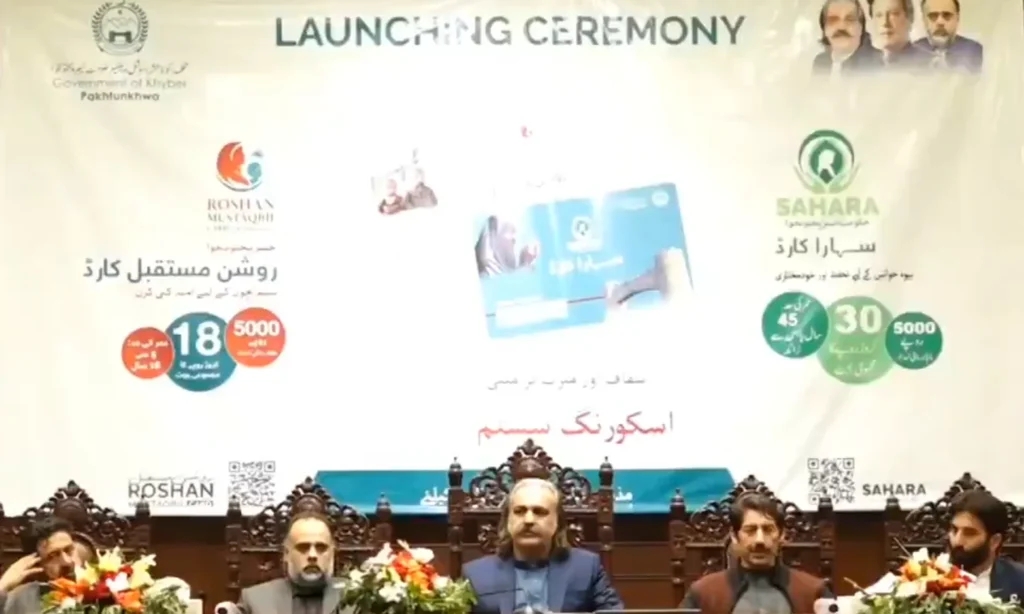Peshawar, the heart of Khyber Pakhtunkhwa, is not just known for its rich history and vibrant culture but also for its diverse and flavorful cuisine.
Whether you’re craving traditional Pashtun dishes, Pakistani specialties, or international flavors, the city offers a variety of family-friendly restaurants (Peshawar Best Family Restaurants) that cater to all tastes.
From cozy indoor dining to spacious outdoor settings, these restaurants provide a welcoming ambiance, delicious food, and quality service, making them perfect for family outings.
In this guide, we explore some of Peshawar best family restaurants, where you can enjoy a memorable dining experience with your loved ones.
Here’s a curated list of Peshawar best family restaurants, that promise great food, cozy ambiance, and excellent service.
1. Monal Peshawar
Located in Peshawar Cantonment, Monal is a top choice for families seeking a mix of traditional and contemporary dishes.
With a stellar rating of 4.4, this restaurant is known for its delicious food and welcoming atmosphere.
The Sahibzad Gul Road location makes it easily accessible, and the spacious seating ensures a comfortable dining experience for families.
Contact: +92-301-1189124
2. Cafe Crunch
Situated on Old Jamrud Road in University Town, Cafe Crunch is a favorite among locals. Rated 4.1, this cozy spot offers a variety of snacks, desserts, and meals that cater to both kids and adults.
Its relaxed vibe and friendly staff make it an ideal place for family gatherings.
Contact: +92-91-5701061
3. The City Food Court
If you’re looking for a place with diverse food options, the City Food Court is the answer.
Located near Nishterabad, this restaurant boasts a 4.4 rating and serves everything from local delicacies to international cuisines.
The family-friendly environment and affordable prices make it a hit among Peshawar residents.
4. Chief Grill
Nestled in University Town, Chief Grill is a must-visit for meat lovers. With a rating of 4.3, this restaurant is famous for its succulent grilled dishes and modern ambiance.
The Bhattiani Plaza location adds to its charm, making it a great spot for family dinners.
Contact: +92-91-111-224-433
5. Shiraz Ronaq
For those craving traditional Peshawari cuisine, Shiraz Ronaq is a gem. Located in Peshawar Cantonment, this restaurant has a 4.3 rating and is renowned for its flavorful kebabs and aromatic rice dishes.
The warm and inviting atmosphere makes it perfect for family outings.
Contact: +92-91-5284201
6. Cafe Ottimo Peshawar
Cafe Ottimo, situated in Hayatabad, is a trendy spot for families. With a 4.3 rating, it offers a mix of continental and local dishes.
The chic decor and serene environment make it a great place to unwind with your loved ones.
Contact: +92-332-4046913
7. Habibi Restaurant
Located on Garrison Park Road, Habibi Restaurant is a hidden gem with a 4.1 rating. Known for its Middle Eastern-inspired menu, this restaurant offers a unique dining experience. The cozy setting and attentive service make it a family favorite.
Contact: +92-91-5613730
8. Traskoon Restaurant
Traskoon, situated on Peshawar Ring Road, is a great choice for families who enjoy outdoor dining. With a 4.2 rating, this restaurant offers a variety of dishes in a picturesque setting.
The spacious seating and scenic views make it ideal for family gatherings.
Contact: +92-331-5812414
9. Cheezious HBK Peshawar
Cheezious is a paradise for cheese lovers. Located on Achini Payan Road, this restaurant has an impressive 4.8 rating.
From cheesy pizzas to loaded fries, the menu is a hit with both kids and adults. The vibrant ambiance adds to the overall dining experience.
Contact: +92-91-111-446-699
10. Asian Wok Peshawar
For families who love Asian cuisine, Asian Wok in Peshawar Cantonment is a must-try. With a 4.5 rating, this restaurant serves authentic Chinese and Thai dishes.
The elegant decor and flavorful food make it a top choice for family dinners.
Contact: +92-301-1189124
11. Jan’s Deli
Located near Iqra Chowk, Jan’s Deli is a cozy spot with a 4.4 rating. Known for its sandwiches, burgers, and desserts, this restaurant is perfect for a casual family meal.
The friendly staff and relaxed vibe make it a local favorite.
Contact: +92-91-5701687
12. Hujra Restaurant
Hujra Restaurant, situated on Peshawar Ring Road, offers a traditional Peshawari dining experience. With a 4.1 rating, it’s known for its hearty meals and rustic ambiance.
The spacious seating area is ideal for large family gatherings.
Contact: +92-336-3334446
13. Piyali
Piyali, located in Hayatabad, is a charming restaurant with a 4.0 rating. Known for its desi cuisine and serene environment, it’s a great place for families to enjoy a peaceful meal.
The Shalman Park location adds to its appeal.
Contact: +92-91-5822237
14. Mr COD Peshawar
Mr COD, with a stellar 4.9 rating, is a seafood lover’s dream.
Located in University Town, this restaurant offers a variety of seafood dishes in a modern setting. The family-friendly ambiance and top-notch service make it a must-visit.
Contact: +92-91-5843048
15. KABIR’S Restaurant
KABIR’S Restaurant, situated on Peshawar Ring Road, is a great spot for traditional meals. With a 4.0 rating, it’s known for its flavorful dishes and warm hospitality. The Sufaid Dheri location makes it easily accessible for families.
Address: Peshawar Ring Rd., Sufaid Dheri, Peshawar, 25000, Pakistan
Contact: +92-300-8550438
Map: https://g.co/kgs/5m6i4hh
16. Ovenza
Ovenza, located near Umar Pharmacy in Tehkal, is a popular choice for pizza lovers. With a 4.8 rating, this restaurant offers a variety of Italian dishes in a cozy setting. The family-friendly vibe and delicious food make it a hit among locals.
Address: University Rd, near Umar Pharmacy, Tehkal, Peshawar, Pakistan
Contact: +92-328-5741158
Map: https://g.co/kgs/HcHT6dc
17. Chief Burgers
For burger enthusiasts, Chief Burgers in Fawad Plaza is a must-visit.
With a 4.2 rating, this restaurant serves juicy burgers and fries that are perfect for a casual family meal. The Jahangir Abad location adds to its convenience.
Contact: +92-91-5844788
18. Ghwakhe Steakhouse
Ghwakhe Steakhouse, located on University Road, is a haven for steak lovers. With a 4.2 rating, it offers a variety of grilled dishes in a modern setting.
The Canal Town location makes it a great spot for family dinners.
Contact: +92-333-1100088
19. Nisar Charsi Tikka
For authentic Peshawari tikka, Nisar Charsi Tikka is the place to go.
Located in Namak Mandi, this restaurant has a 4.1 rating and is known for its flavorful grilled meats. The traditional ambiance adds to the overall experience.
Contact: +92-335-1904905
20. Shelton Foods
Shelton Foods, situated in University Town, is a great choice for families who enjoy a mix of local and international cuisines.
With a 4.3 rating, this restaurant offers a variety of dishes in a cozy setting.
Contact: +92-91-5850333
21. Ranchers
Ranchers, located opposite HBK Ring Road, is a top choice for families. With a 4.8 rating, this restaurant is known for its delicious steaks and burgers.
The spacious seating and friendly service make it a family favorite.
Contact: +92-91-111-577-677
22. Bannu Beef Pulao
For a taste of Bannu’s famous beef pulao, head to this restaurant on University Road.
With a 4.2 rating, it’s a great spot for families who enjoy hearty meals. The Grand Trunk Road location adds to its charm.
Contact: +92-343-2694008
Conclusion:
The culinary scene (Peshawar Best Family Restaurants) is as diverse as its culture.
Whether you’re in the mood for traditional Peshawari dishes or international cuisines, these family-friendly restaurants offer something for everyone.
So, gather your loved ones and explore the best dining spots in the city. Bon appétit!
